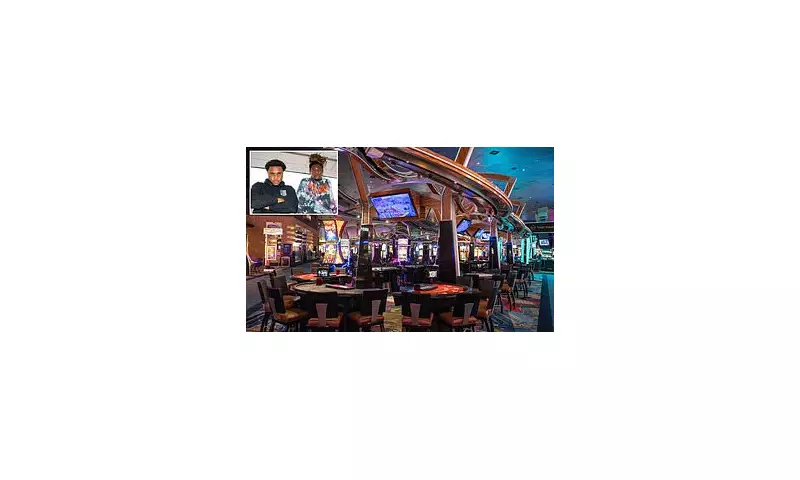
Behind the glittering facade of the Las Vegas Strip, a desperate struggle for survival is unfolding as residents increasingly turn to selling their blood plasma to make ends meet. The city once known for limitless opportunity is now facing an unprecedented employment crisis that's forcing ordinary citizens to take extraordinary measures.
The Bleeding Economy of Sin City
Las Vegas, long celebrated as America's entertainment capital, is witnessing a dramatic reversal of fortune. The very hospitality sector that built the city's reputation is now collapsing, leaving thousands of workers without stable income. What was once a temporary solution for students and those between jobs has become a permanent lifeline for families.
Plasma Centres Become New Landmarks
Across the Las Vegas valley, plasma donation centres have become as common as casinos. Long queues form before dawn, with residents hoping to earn $50-100 per donation - money that increasingly determines whether they can pay rent or buy groceries.
The mathematics of survival are stark:
- Plasma can be donated twice weekly
- Average earnings of $400-500 monthly
- This often covers basic utilities or car payments
- Many donors combine multiple donation centres
Hospitality Workers Hit Hardest
The crisis is particularly acute for hospitality workers who formed the backbone of Las Vegas's economy. Hotel staff, restaurant workers, and entertainment personnel who once enjoyed stable careers now find themselves competing for fewer positions with lower wages.
"I used to make $60,000 a year as a bartender on the Strip. Now I'm lucky to clear $25,000 with plasma donations supplementing my part-time work," reveals one former hospitality professional who asked to remain anonymous.
A City at Breaking Point
Economic analysts point to multiple factors creating this perfect storm: reduced tourism spending, automation in service industries, and the lingering effects of pandemic-era disruptions. The situation has become so dire that local food banks report unprecedented demand, even from those who appear employed.
The human cost extends beyond financial hardship. Regular plasma donors report fatigue, weakened immune systems, and the psychological toll of what many describe as "medical panhandling." Yet for growing numbers of Las Vegans, there are no alternatives in a job market that offers little beyond precarious gig economy work.
Is Recovery on the Horizon?
While city officials point to new resort developments and convention bookings, economic recovery remains elusive for the average resident. The very structure of Las Vegas employment has shifted, with fewer full-time positions offering benefits or job security.
As one plasma centre regular noted: "The casinos are doing fine, the tourists are coming back, but we're the ones paying the price. Selling plasma isn't a choice anymore - it's survival."
This disturbing trend raises urgent questions about economic inequality and the sustainability of cities built around single industries. For now, the lights still shine bright on the Las Vegas Strip, but beneath the neon glow, a very different reality is taking shape.





